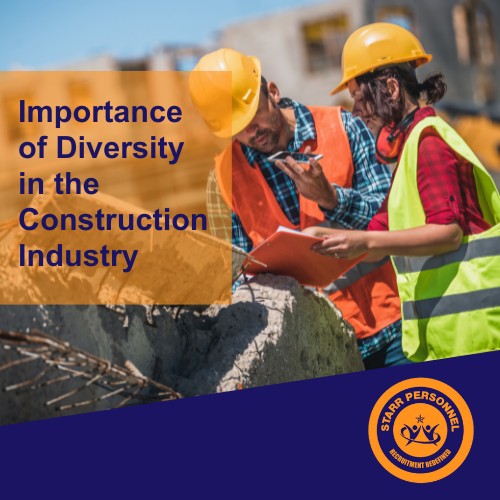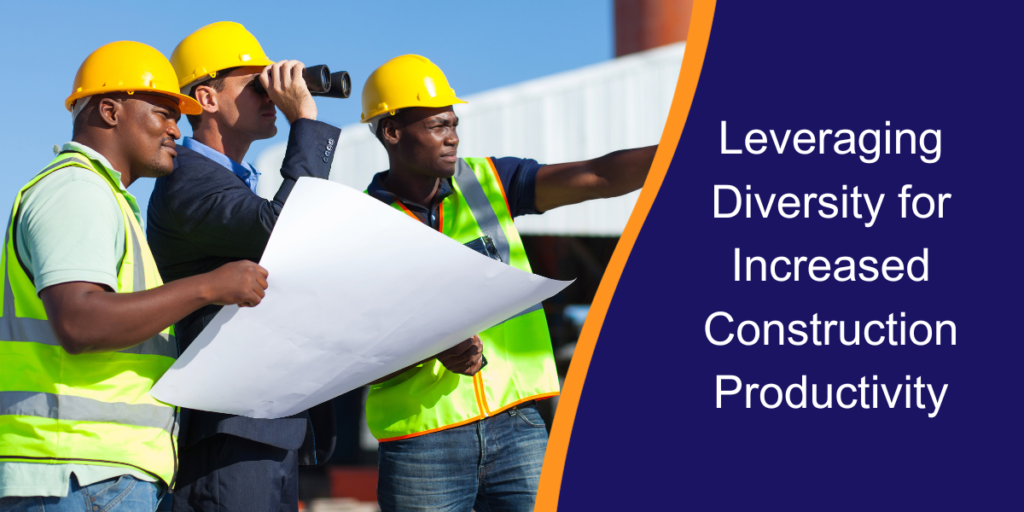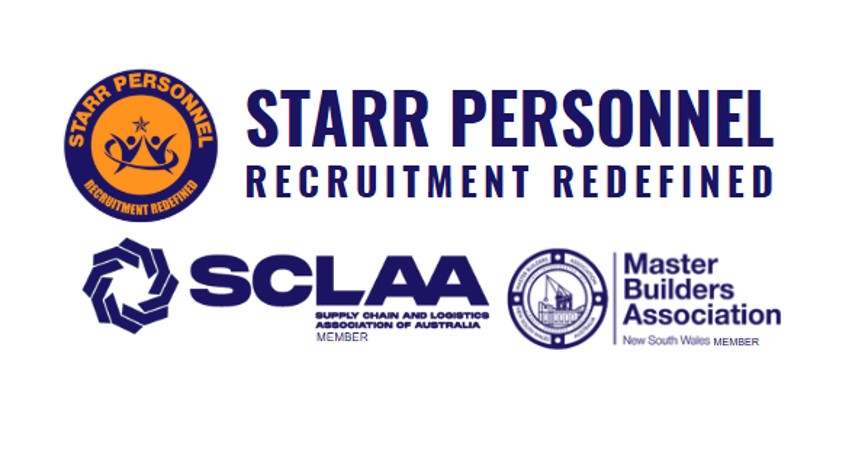Importance of Diversity in the Construction Industry
The construction industry has traditionally been characterised by its conventional, male-dominated workforce. However, the times are changing, and the sector is gradually acknowledging the critical significance of diversity. In this article, we will delve into the reasons why diversity in the construction industry extends beyond just an issue of equality and emerges as a pivotal driver of success, innovation, and sustainability.

The Case for Diversity
Understanding Diversity
Diversity within the construction industry encompasses a broad spectrum of factors, including gender, race, ethnicity, age, socioeconomic background, and more. It revolves around the creation of an inclusive environment where individuals from all walks of life can actively participate and contribute their distinctive viewpoints, abilities, and life experiences.
Innovation and Creativity
Diverse teams bring a multitude of perspectives and fresh ideas to the forefront, nurturing creativity and innovation. When construction companies incorporate various viewpoints and diverse problem-solving approaches, they become better equipped to discover innovative solutions to intricate challenges. A diverse team has the potential to generate novel ideas, stimulate unconventional thinking, and ultimately lead to more efficient and sustainable construction processes.

Improved Decision-Making
A diverse workforce elevates the quality of decision-making. Studies reveal that diverse groups tend to make more well-rounded and comprehensive choices. In the construction industry, where decisions can significantly impact safety, cost, and quality, diversity enhances the overall quality of decision-making and helps mitigate risks.

Increased Productivity
Diversity fosters a collaborative environment that encourages individuals to share their knowledge and skills. Consequently, productivity and efficiency surge. Teams that encompass members from various backgrounds and experiences can tap into a broader pool of expertise and problem-solving strategies, ultimately benefiting the entire construction process.

Meeting the Labour Shortage
The construction industry is presently grappling with a labour shortage. To bridge this gap, it is imperative to tap into talent pools that have been underrepresented in the past. By proactively advocating diversity and inclusion, the industry can attract individuals from diverse backgrounds, making it easier to address the workforce shortage and ensure the sector’s long-term sustainability.

Enhanced Reputation
In an era characterised by heightened social consciousness, companies that prioritise diversity and inclusion are perceived more favorably by the public and prospective clients. A diverse workforce not only bolsters a construction company’s reputation but also renders it more appealing to clients, partners, and investors who hold these principles in high regard

Challenges to Diversity in Construction

While the advantages of diversity in the construction industry are evident, there remain obstacles to overcome. Some of these hurdles include:
Historical Norms:
The construction industry has a deep-rooted history of being male-dominated. Transforming these deeply ingrained norms and biases can be a gradual process.
Recruitment and Retention:
Encouraging a diverse workforce necessitates the development of strategies for recruiting, retaining, and advancing individuals from underrepresented groups.
Inclusive Workplace Culture:
Establishing an inclusive work environment where all employees feel valued and respected is of paramount importance. This involves cultivating a culture that actively advocates diversity and inclusion.
Education and Training:
Providing training and educational opportunities for individuals from diverse backgrounds is essential to equip them with the skills and knowledge needed to thrive in the construction industry.
Leadership Commitment:
The support of company leadership is crucial for the success of diversity and inclusion initiatives. Without strong backing from the top, these efforts may lack the requisite momentum.
Strategies for Promoting Diversity

To champion diversity in the construction industry, companies can implement a range of strategies:
Diverse Hiring Practices:
Actively recruit from diverse talent pools and ensure that hiring practices are inclusive and devoid of bias.
Education and Training:
Offer training and educational opportunities to empower underrepresented groups to enter and excel in the industry.
Mentorship and Support:
Establish mentorship programs to bolster the career growth of individuals from diverse backgrounds.
Inclusive Work Culture:
Foster an inclusive work environment where all employees feel respected and valued.
Leadership Commitment:
Company leadership should be at the forefront of championing diversity and inclusion initiatives.
Industry Collaboration:
Collaborate with industry organizations and associations that advocate for diversity in construction.
Diversity is not simply a buzzword; it constitutes a fundamental element of success and growth in the construction industry. Companies that embrace diversity and cultivate inclusive workplaces reap the rewards of heightened innovation, productivity, and improved decision-making. Moreover, they position themselves more favorably to address the labor shortage, enhance their reputation, and ensure the sector’s long-term sustainability.
The future success of the construction industry hinges on its ability to adapt and diversify, welcoming individuals from diverse backgrounds and experiences. In doing so, the industry constructs a brighter, more inclusive, and prosperous future for all its stakeholders.

